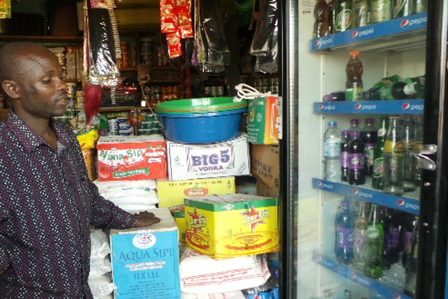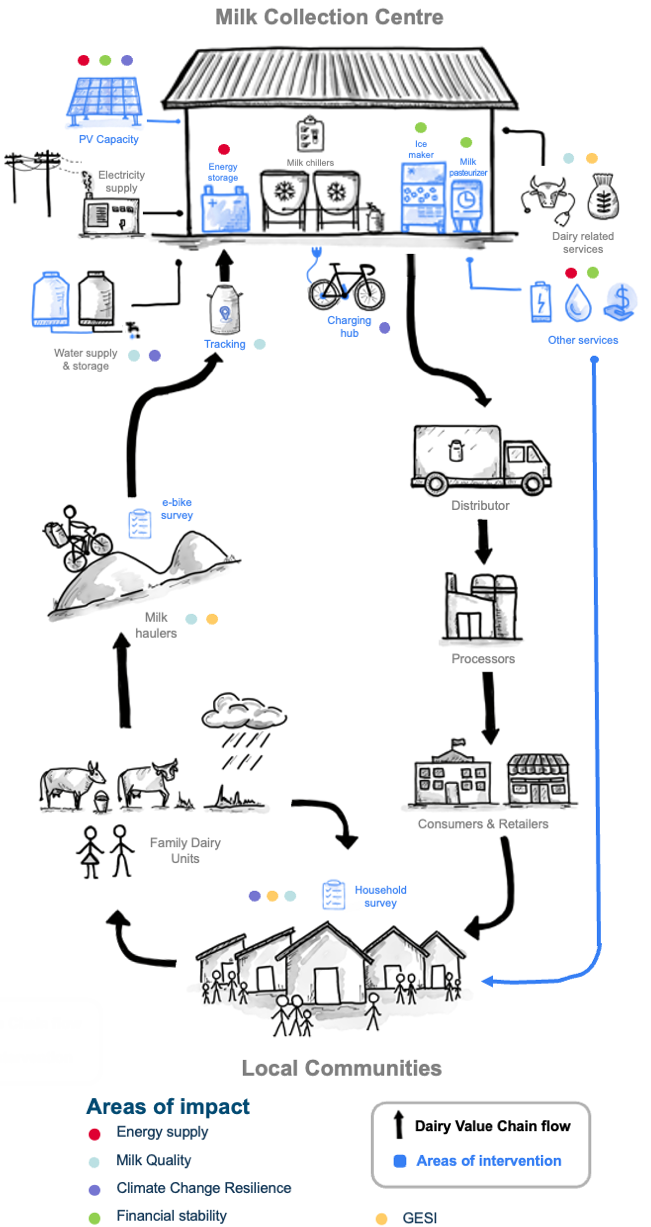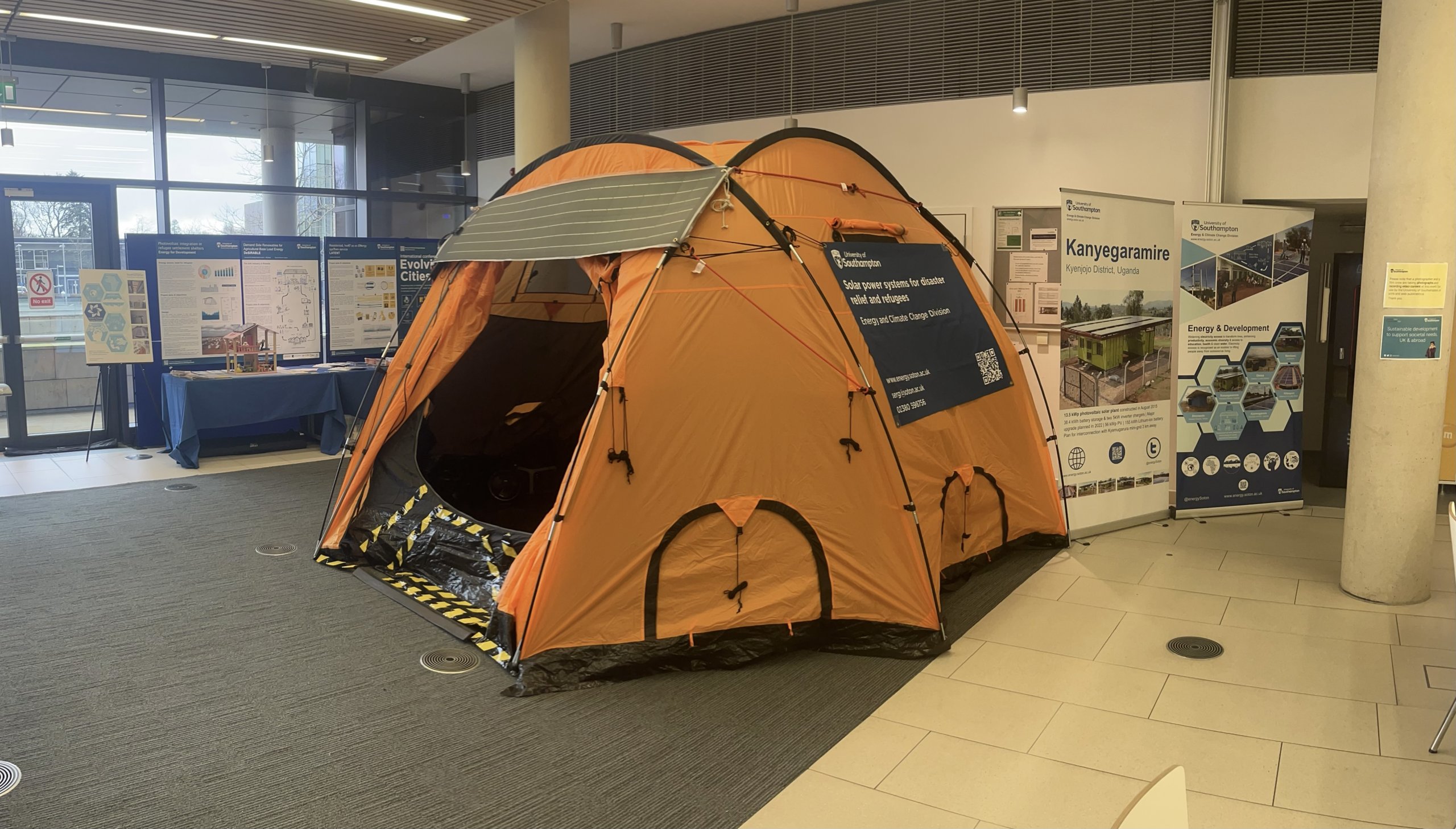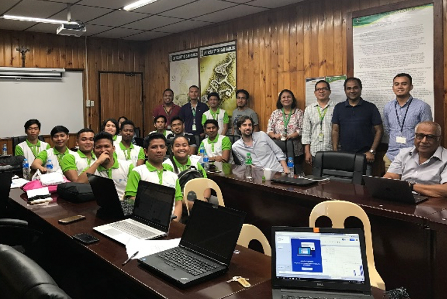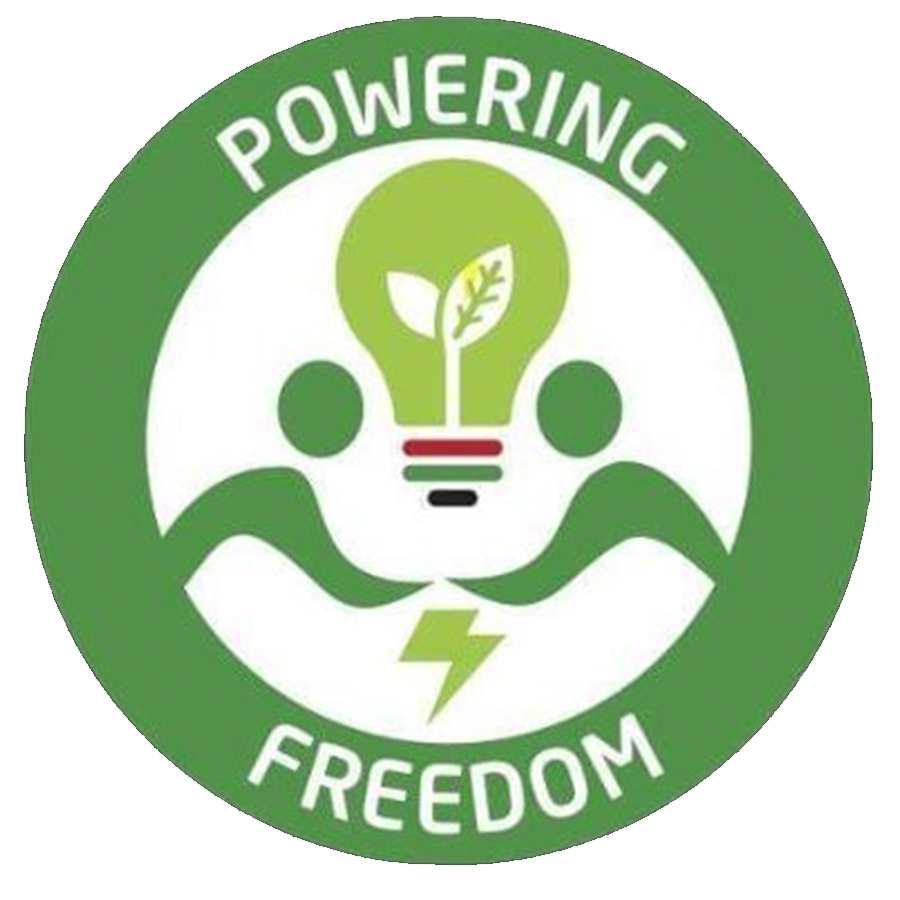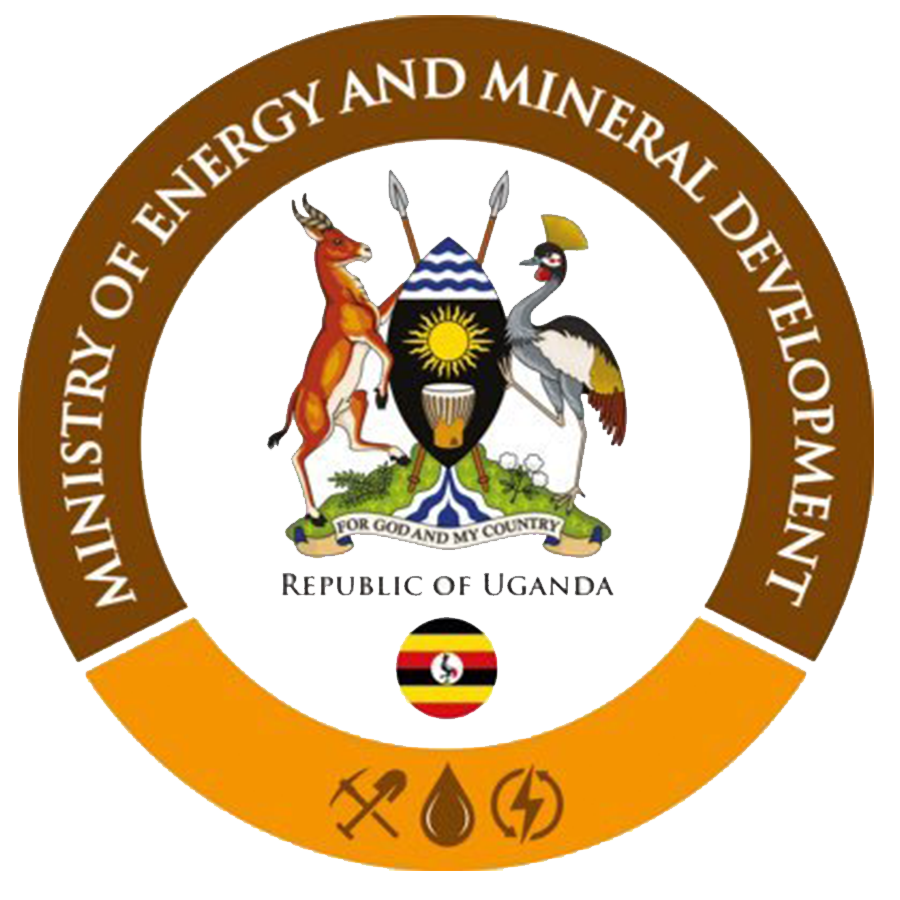Energy Access
Addressing access & living standards for rural poor areas in Sub-Sahara Africa
Globally there are around 800 million people without access to electricity with around 600 million living in Sub Saharan Africa. The Energy for Development (e4D) programme was created in 2010 to address this challenge for initiating seminal studies in electricity access for hard-to-reach poor areas in Sub Shahara Africa and beyond. At its core is fundamental research coupled with implementation of exemplar rural electrification projects as learning entities to support energy (electricity) access. The aims of e4D are underpinned by the UN Sustainable Development Goals (SDGs) targeting the improvement of living standards of the poor in rural communities whilst providing pathways for growth and development. The e4D research and development programme is underpinned by field studies on the implemented six mini grids with the main focus in Kenya and Uganda. Both countries are planning to install over 400 mini grids to support county wide electricity access and the e4D programme is informing and influencing such roll out. The research, development and deployment activities are built around the following 6 key areas:

Energy field studies & surveys

Simulations & modelling at various scales

Remote monitoring of live mini girds, energy profiles & national grid connection

Mini grid assessment & deployment

Capacity building

Policy advice & dissemination
Mini grids, operations and networks
Mini grids consist of a power plant linked to a local mainly isolated network to distribute power to consumers. Mini grids, driven by renewable energy systems (some with hybridisation) offer the best economic approach to deliver electricity access in rural areas since national grid expansion is very expensive to provide such a service. Our work in such rural, off-grid areas focuses on sustainable electrification and socio-economic studies where we have implemented six solar photovoltaic powered mini grids in Kenya, Uganda and Cameroon. Some of these mini grids are now being used to test their networks to enhance resilience. This is undertaken by studying network operational performances, as lone grids, connected together and connected to the national grid. In addition, research is also being undertaken on DC mini grids where the footprint consumption area is limited in size.
Productive use of electricity and efficient appliances
The mini grid resilience through integration of e-cooking loads project aims to enhance off-grid mini grid viability and sustainability through creating opportunities for increasing demand from e-cookers. Live Kenyan mini grid projects will enable us to test various techno-economic approaches to identify the most suitable model that can be adapted by the planned deploymentof 98 Kenya Off-Grid Solar Access Project (KOSAP) mini grids as well as others in the region.
Both mini grids and SHS offer the possibility to unlock services (education, health, clean water) provisions, entrepreneurships, employment, and development. The e4D programme under both mini grids and SHS projects provides pathways to productive use of energy for small enterprises within village centres. Coupling productive use of electricity with appliances efficiency results in better utilisation of the available electrical power, providing savings for the users and their customers. In essence, e4D research, supports SDG7 as the key catalyser for other SDGs by continuously focusing on inclusive growth in the societies its projects serve, at the individual entrepreneur and larger productive users of electricity.
The Demand Side Renewables for Agricultural Base Load Energy (DeSiRABLE) project is exploring impactful use of electricity to support socio-economic growth in off-grid rural areas in Rwanda. The project, led by SolapakDevelopment Ltd, seeks to explore and develop strategies for development through the deployment of stand-alone solar electricity driven technologies to power agricultural base loads, such as the chilling units at the Milk Collection Centres (MCCs). Having a secure electricity supply would allow the MCCs to operate continuously as well as use extra electricity for tasks that can improve the quality of milk operations. The project aims to transform the MCCs into “energy hubs” providing energy access opportunities to support rural development, enhancing growth and eradicating poverty.
Solar home systems (SHS)
SHS are small PV power units ranging from 10 – 200 Watt based on one or two solar modules, battery storage and balance of system. SHS are a widely used solution for off-grid electrification at the household level – for lighting and other appliances, depending on requirements. It is estimated that about 180million solar PV SHS units are currently in use in off-grid communities. Our e4D research focuses on ‘how SHS can be optimised coupled with efficient appliances’ geared to reduce cost making them more affordable to end users.
Mini-grid designs for remote islands & capacity building
Developing capacity in electricity access is important to support national programmes in providing electricity to rural communities. The e4D programme led by the ECCD team have provided such capacity building in Africa (Kenya, Uganda, Cameroon), Asia (Philippines) and the Middle East (Kuwait, Saudi Arabia) covering the above research areas as well as energy efficiency in buildings. Both are geared to transition energy use to low carbon.
Key project partners
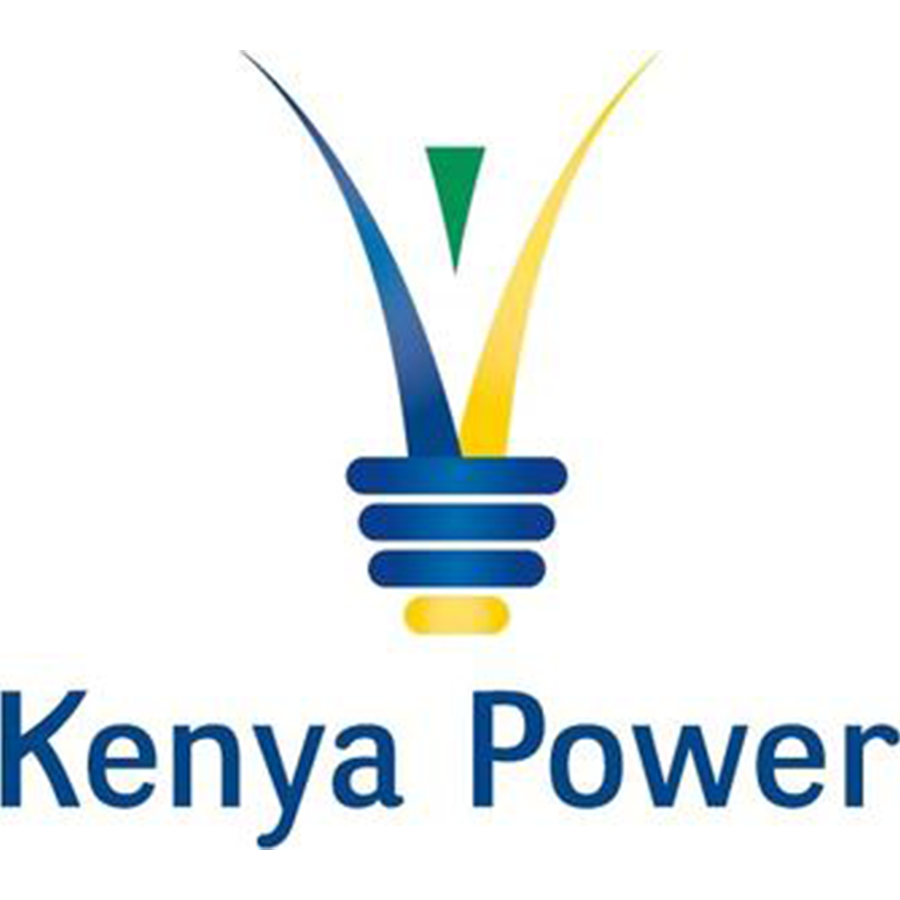
Kenya Power, Kenya


